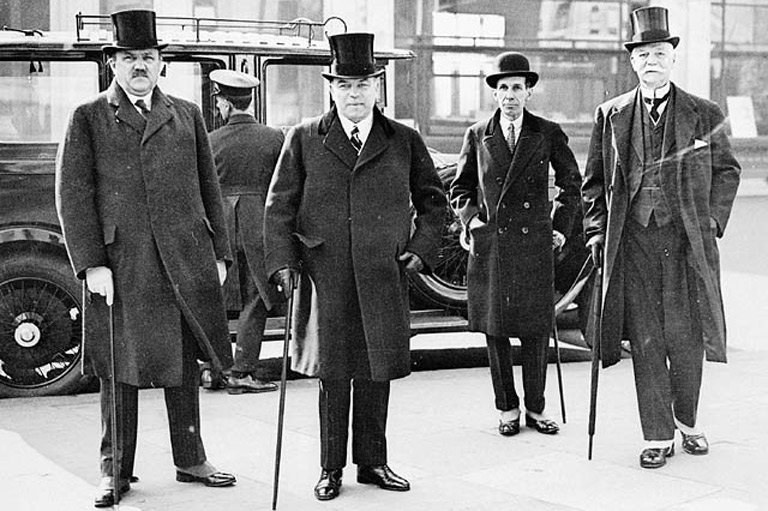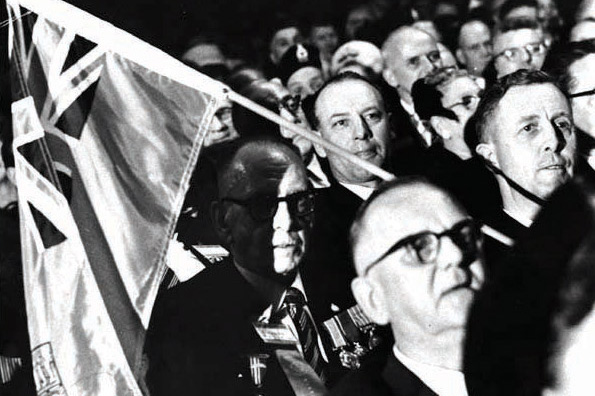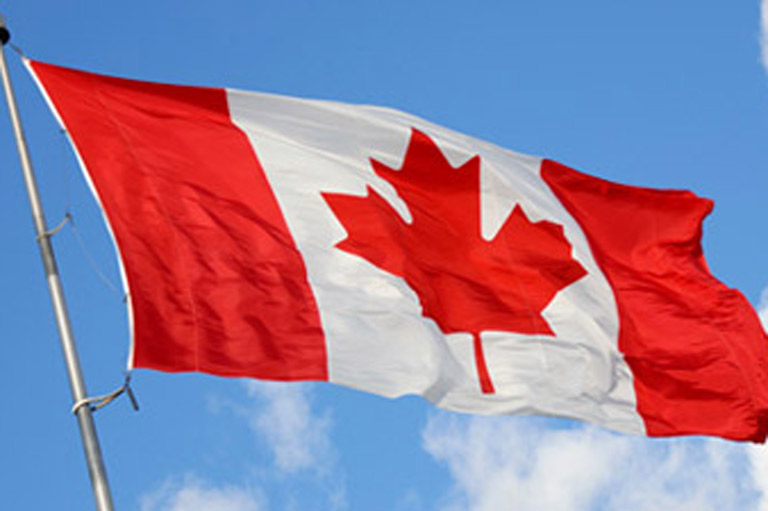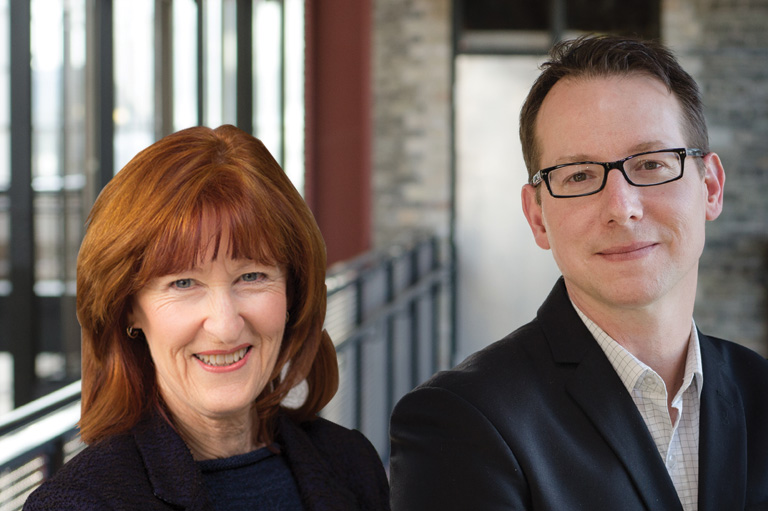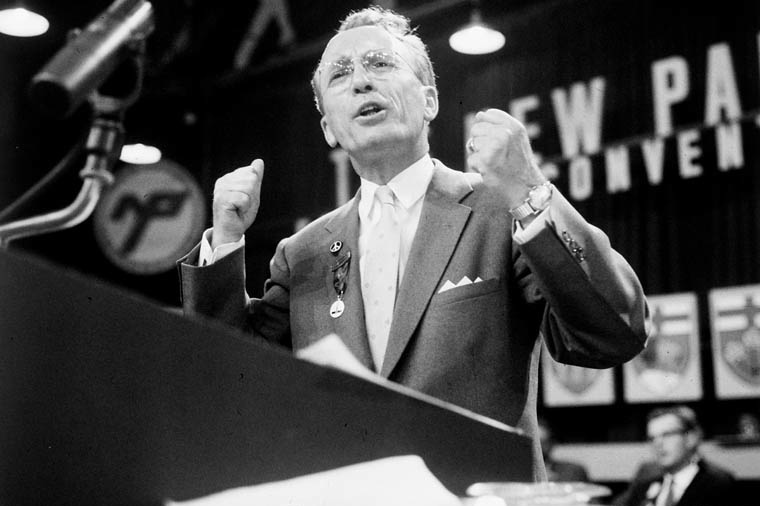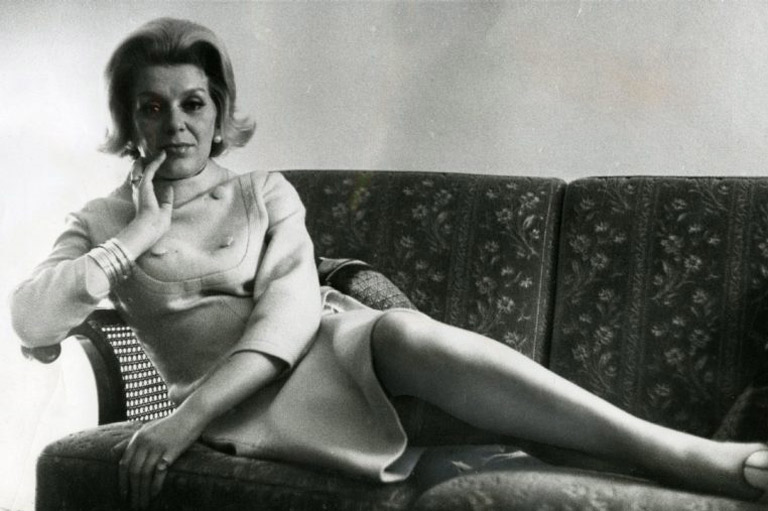Canadian Independence
“When and how did Canada become an independent country?” This question has been asked before and you might have a few answers.
Tyler Turek, a 5th year history PhD candidate at Western University discusses what a sovereign state is, and how it aids in deducing when and how Canada became an independent country.
“During the 1920s, British and Canadian elites tied ideas of constitutional sovereignty to liberal international values, environmental imagery, and imperial history. Lord Strachey (1858–1936) noted of the this illustration (below) that “[t]he constitutions of the English-speaking nations rise separate and apart like a series of giant mountain peaks. But the chain of rock out of which each peak grows is Magna Charta. We are the League of Nations.”
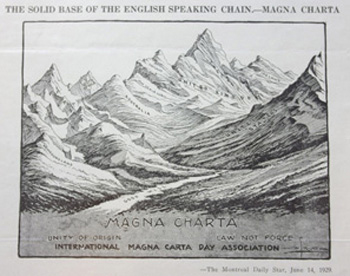
“The question has been discussed in numerous contexts, but few national historians take the time to think critically about what constitutes a sovereign state. My dissertation project moves away from the study of nations to focus explicitly on how sovereign states formed within the British Empire.”
“For Canada, this process was more directly impacted by international trends and transnational connections than previously assumed by political historians.”
“Using Australia and Canada as comparable case studies, my research unpacks meanings of sovereign statehood within the British Empire from the First World War until India’s independence in 1947 when formal decolonization is claimed to have begun.”
Using official reports and correspondence, personal papers, academic publications, pamphlets and newspapers from Australia, Canada, and the United Kingdom, Turek claims that “the First World War stimulated a global examination as to what constituted a sovereign state.”
“My research not only explains Canada and Australia’s respective paths toward sovereign statehood. It also suggests that contemporary allusions to sovereignty should be treated skeptically. Sovereignty was, and continues to be, a highly-politicized concept used to advance specific claims to legitimate authority.”
Turek explains that is was not a single moment that established Canada as an independent country; instead he argues, “It evolved slowly yet deliberately by well-educated, well-connected men interested in the new discipline of International Relations.”
Definitions are hardly static; they can be altered through new experiences and new understandings. Turek brings this to light when he highlights the challenge future historians will face when working to discover a new perspective on Canada’s journey to independence.
Turek states, “The challenge for future historians will be to decipher how different social groups interpret the cultural, intellectual, and historical forces that have shaped our ideas of sovereignty and national independence.”
With 7 uniquely curated newsletters to choose from, we have something for everyone.
We hope you’ll help us continue to share fascinating stories about Canada’s past by making a donation to Canada’s History Society today.
We highlight our nation’s diverse past by telling stories that illuminate the people, places, and events that unite us as Canadians, and by making those stories accessible to everyone through our free online content.
We are a registered charity that depends on contributions from readers like you to share inspiring and informative stories with students and citizens of all ages — award-winning stories written by Canada’s top historians, authors, journalists, and history enthusiasts.
Any amount helps, or better yet, start a monthly donation today. Your support makes all the difference. Thank you!
Themes associated with this article
Advertisement

